British documentarian Nick Broomfield creates a follow-up piece to his 1992 documentary of the serial killer Aileen Wuornos, a highway prostitute who was convicted of killing six men in Florida between 1989 and 1990. Interviewing an increasingly mentally unstable Wuornos, Broomfield captures the distorted mind of a murderer whom the state of Florida deems of sound mind -- and therefore fit to execute. Throughout the film, Broomfield includes footage of his testimony at Wuornos' trial.
Related Movies

Calling Out For You (2003)
Gunder Jomann lives in the small place of Elvestad. He prepares to receive his wife, Poona Bai, who he met and married in India. Gunder gets delayed when his sister is injured in a car accident and he sends the local taxidriver to transport her to him at the hospital but the chauffeur do not find her. The following day the body of a foreign woman is found on a meadow, few meters from Gunders house. Inspector Konrad Sejer tries to unravel the mystery and discoveres soon that the dead person is Gunder's wife, Poona. Who killed her, and why?
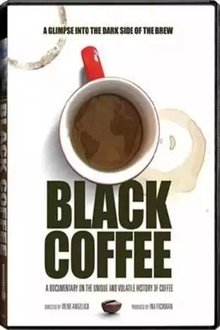
Black Coffee (2007)
Black Coffee is a 2007 Canadian documentary film examining the complicated history of coffee and detailing its political, social, and economic influence from the past to the present day. The film details how coffee is the eighth most traded legal commodity in the world. It is also the fourth most valuable agricultural commodity. However, only one cent of a $2 cup of coffee goes to the grower.[1] This inequality has helped shape the history of continents and the Cold War.

Mr. Nice (2010)
Biopic about 1970s Welsh marijuana trafficker Howard Marks, whose inventive smuggling schemes made him a huge success in the drug trade, as well as leading to dealings with both the IRA and British Intelligence. Based on Marks' biography with the same title.
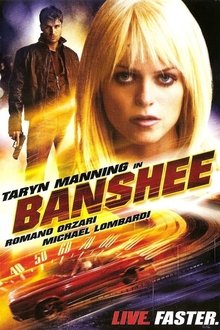
Banshee (2006)
A city's most-notorious car thief must use all the skills at her disposal to evade a serial killer who wants to make her his next victim.
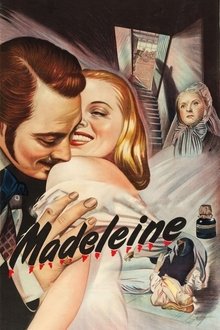
Madeleine (1950)
Madeleine's middle-class family cannot understand why she puts off marrying a respectable young man, as they know nothing about her long-term affair with a Frenchman.

Fast-Walking (1982)
A dirty corrections officer gets involved in a murder plot involving one of the inmates.
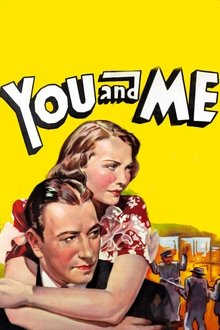
You and Me (1938)
Mr. Morris, the owner of a large metropolitan department store, gives jobs to paroled ex-convicts in an effort to help them reform and go straight. Among his 'employed-prison-graduates' are Helen Roberts and Joe Dennis, working as sales clerks. Joe is in love with Helen and asks her to marry him, but she is forbidden to marry as she is still on parole, but she says yes and they are married. In spite of their poverty-level life, their marriage is a happy one until Joe discovers she has lied about her past, in order to marry him. Disillusioned, he leaves, goes back to his old gang and plans to rob the department store.

Tees Maar Khan (2010)
A con artist poses as a film director in a village with the intention of executing a caper with the unwitting help of the villagers.
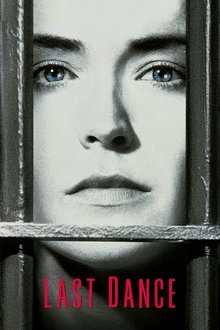
Last Dance (1996)
Upon taking a new job, young lawyer Rick Hayes is assigned to the clemency case of Cindy Liggett, a woman convicted of first degree murder and sentenced to death. As Hayes investigates the background for her case, the two begin to form a deep friendship, while all the while the date for her execution draws nearer.

Memories of a Young Pianist (2009)
Interview with the italian composer Claudio Gizzi about his lifetime and work as part or the extras of the Blu-Ray edition from What? (Che?) (1972) from Roman Polanski

In Youth We Trust (2024)
Puek, a boy from the slums, had no choice but to endure his circumstances, feeling that he could never have the same worth as others. He remained silent, accepting the bullying of others just to survive in society.

Deadly Vows (NaN)
After fleeing the Iran-Iraq war, Darya begins a new life in Los Angeles and is swept off her feet by the charming Sam Lebon. But behind his promises of safety lies a violent darkness. As their relationship twists into abuse and control, Darya makes a daring escape — only to discover Sam has ordered her death. Hunted and alone, she must outwit a relentless predator before his vow becomes her execution.
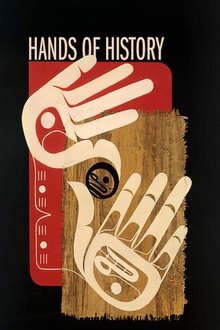
Hands of History (1994)
This documentary follows four female First Nations artists—Doreen Jensen, Rena Point Bolton, Jane Ash Poitras and Joane Cardinal-Schubert are First Nations artists who seek to find a continuum from traditional to contemporary forms of expression. These exceptional artists reveal their philosophies as artists, their techniques and creative styles, and the exaltation they feel when they create. A moving testimony to the role that Indigenous women artists have played in maintaining the voice of their culture.

The Magic Voice of a Rebel (2014)
'The Magic Voice of a Rebel' portrays the story of the Czech singer Marta Kubisová, who without never intending it, became a symbol of freedom for all generations in the newly free Czhecoslovakia in 1989. It is Marta herself who tells us her life story and how the Soviet invasion in Czechoslvakia in 1968 changed her life. Because of her deep involvement in the Prague Spring movement, she went from being the most popular singer in the country to being banned and suffering a sudden removal from the public scene by the new authorities imposed from Moscow. She refused to escape to exile and together with other banned intelectuals and artists became a disident instead. Blacklisted and persecuted by the secret police, she also suffered the betrayal of beloved people who were collaborating with the regime.

The Storekeeper (1998)
An elderly man owns a small, isolated general store, somewhere in rural South Africa. After suffering a series of burglaries, which culminate in the murder of a night-watchman, the Storekeeper finally takes the law into his own hands - with tragic consequences.
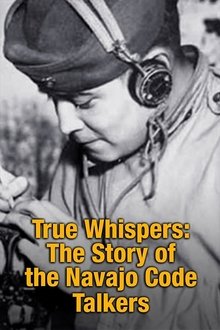
True Whispers (2002)
Exploring the personal and heartfelt story of the Navajo code talkers, this documentary tells the stories of the young Navajo men recruited from harsh government boarding schools into the Marines during World War II. From 1942-1945, the code talkers devised an unbreakable code in their native language and transmitted vital messages in the midst of combat against the Japanese.
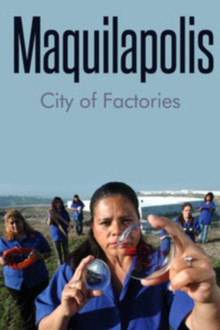
Maquilapolis (2006)
Just over the border in Mexico is an area peppered with maquiladoras: massive sweatshops often owned by the world's largest multinational corporations. Carmen and Lourdes work at maquiladoras in Tijuana, and it is there that they try to balance the struggle for survival with their own radicalization in this documentary.
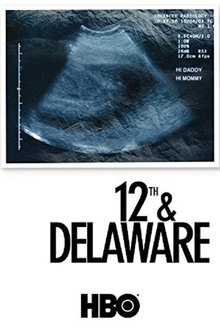
12th & Delaware (2010)
The abortion battle continues to rage in unexpected ways on one corner in an American city.
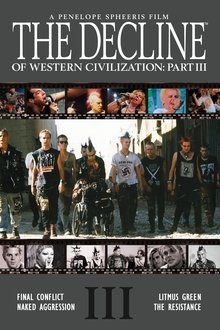
The Decline of Western Civilization Part III (1998)
A musical study of Los Angeles in the late 90s, where homeless teens roam the streets and profess to live a punk lifestyle of music, drugs, and flouting authority.

Born Killers (2005)
John and Michael are taught by their father at a young age that people are merely piggy banks... if you need money, just break one open. Charming and brilliant, they roam the country robbing and murdering anyone foolish enough to get in the car with them. After their partnership becomes strained and John sets off on his own, he discovers his father had a secret family... another wife and a daughter in another state. With a renewed sense of purpose he sets out to find and kill his stepsister. But this may be more challenging than he thinks... has he met his match?